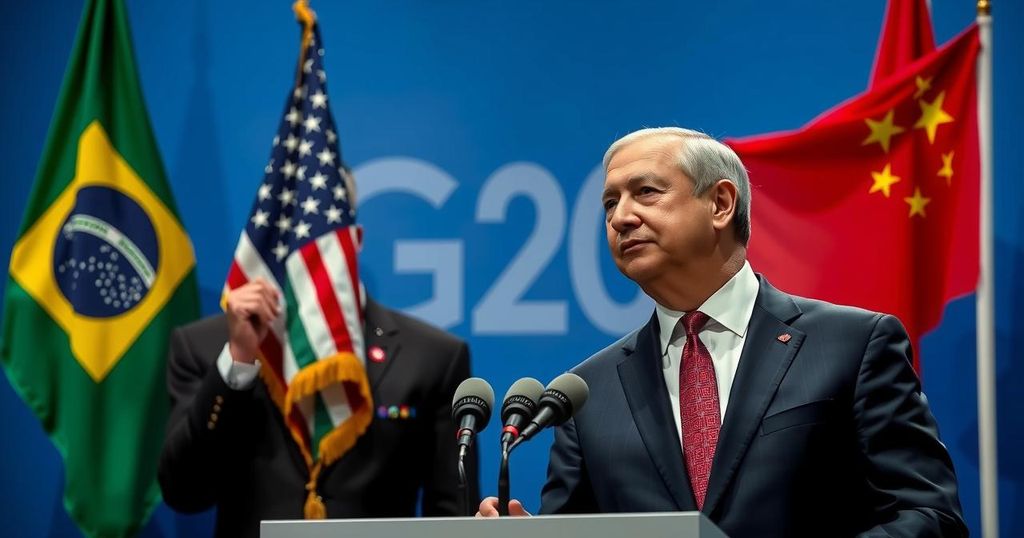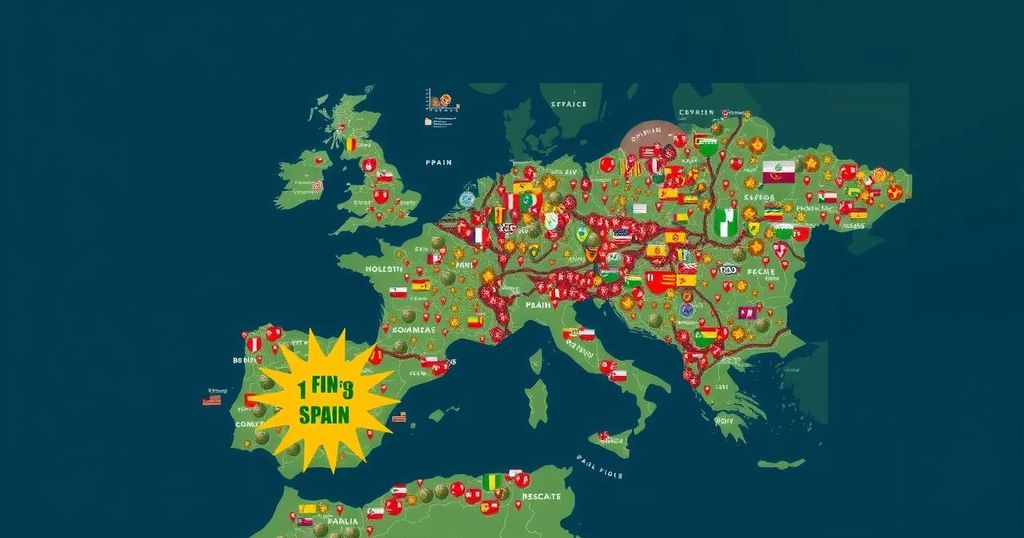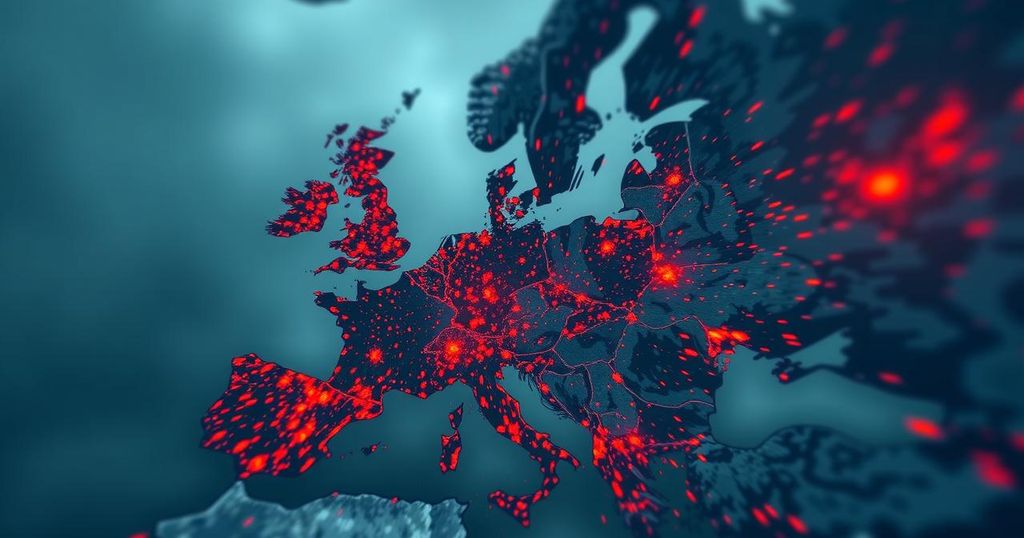Navigating the Political Landscape of Disaster Relief Amidst Hurricanes Helene and Milton
The article explores the political implications of disaster relief in response to Hurricanes Helene and Milton, detailing Republican critiques of the Biden/Harris administration. It highlights the impact of natural disasters on voter turnout, historical precedents in disaster management, and ongoing legislative discussions regarding funding allocations for disaster relief amidst historical political contexts.
Introduction to the Politics of Disaster Relief Amid the ongoing political discourse surrounding the Biden/Harris administration’s response to Hurricane Helene, which has devastated regions in North Carolina, Tennessee, and other southern states, the landscape is further complicated as Hurricane Milton approaches Florida. This unfolding scenario occurs in a politically charged atmosphere characterized by a tight presidential election, making disaster relief a focal point in swing states like North Carolina and Georgia, as well as in the contentious Senate race in Florida. The Impacts of Natural Disasters on Electoral Dynamics The aftermath of hurricanes significantly disrupts typical voting patterns. Individuals affected by natural disasters may find themselves unable to participate in elections, grappling with essential needs such as food, electricity, and safe transportation stemming from infrastructure damage. For example, residents who were planning to cast their votes at local polling places may discover that those locations are rendered unusable due to flooding or power outages brought on by Hurricane Milton. Critical Republican Critiques of the Administration Republican lawmakers have been vocal in their criticism of the Biden/Harris administration’s approach to disaster management during this turbulent period. “It’s like the DMV at industrial scale,” articulated Republican vice-presidential nominee Senator JD Vance on national television. House Speaker Mike Johnson asserted, “At the federal level, this has been a massive failure… FEMA has lost sight of its core mission.” Former President Donald Trump derided the response, stating, “Kamala Harris has left them stranded. This is the worst response to a storm or a catastrophe… probably worse than Katrina.” Historical Context of Disaster Response and Political Repercussions The response to hurricanes has historically played a significant role in shaping electoral outcomes, as evidenced by former President George H.W. Bush’s challenges following Hurricane Andrew’s inadequate response in 1992. Although he managed to win Florida narrowly, the criticism surrounding his handling of the disaster negatively influenced his approval ratings nationally. In contrast, upon taking office, Bill Clinton notably enhanced the capabilities of FEMA to better prepare for future disasters. Discussions on Funding and Allocation Central to the ongoing discourse are allegations from certain Republican factions suggesting that FEMA’s resources have been diverted towards aiding illegal immigrants, thereby detracting from essential disaster relief. Senator Tommy Tuberville remarked, “We give $20 billion a year to FEMA. Unfortunately, they have drained everything dry,” while other legislators indicated their desire to increase funding specific to immigration-related support. Notwithstanding these contentious discussions, FEMA Administrator Deanne Criswell rebutted the claims regarding prioritization, calling the accusations “ridiculous and just plain false.” Current Legislative Landscape In light of the current emergency, Congress has recently authorized $20 billion for FEMA’s Disaster Relief Fund as part of a broader spending initiative. However, nuances in funding allocation persist, particularly as Secretary of Homeland Security Alejandro Mayorkas indicated that although FEMA has adequate funds for immediate needs, longer-term necessities remain uncertain, particularly with the hurricane season spanning through November. Conclusion and Forward-Looking Statements As the political implications of Hurricanes Helene and Milton evolve, it is imperative for Congress to address immediate funding requirements while preparing for further legislative measures necessary to manage the consequences of ongoing disasters. The approach and effectiveness of disaster relief will inevitably influence voter sentiment as the election cycle progresses, demonstrating the intersection between environmental calamities and political dynamics.
The article addresses the complex interplay between politics and disaster relief responses in the context of Hurricanes Helene and Milton. It highlights how such natural disasters can impact voter turnout and political narratives, especially in the lead-up to a presidential election. It underscores the criticisms levied against the Biden/Harris administration by Republican leaders, drawing parallels with historical precedents in political accountability following disaster responses.
In summary, the ongoing discourse surrounding disaster relief amid Hurricanes Helene and Milton exemplifies the integration of political strategy into responses to natural disasters. The criticism faced by the Biden/Harris administration, coupled with the critical timing of the impending elections, could potentially sway key voter demographics. Furthermore, the discussions on funding allocations underscore the urgent need for Congress to navigate financial provisions effectively, prioritizing disaster relief as electoral stakes heighten in this politically volatile climate.
Original Source: www.foxnews.com








Post Comment